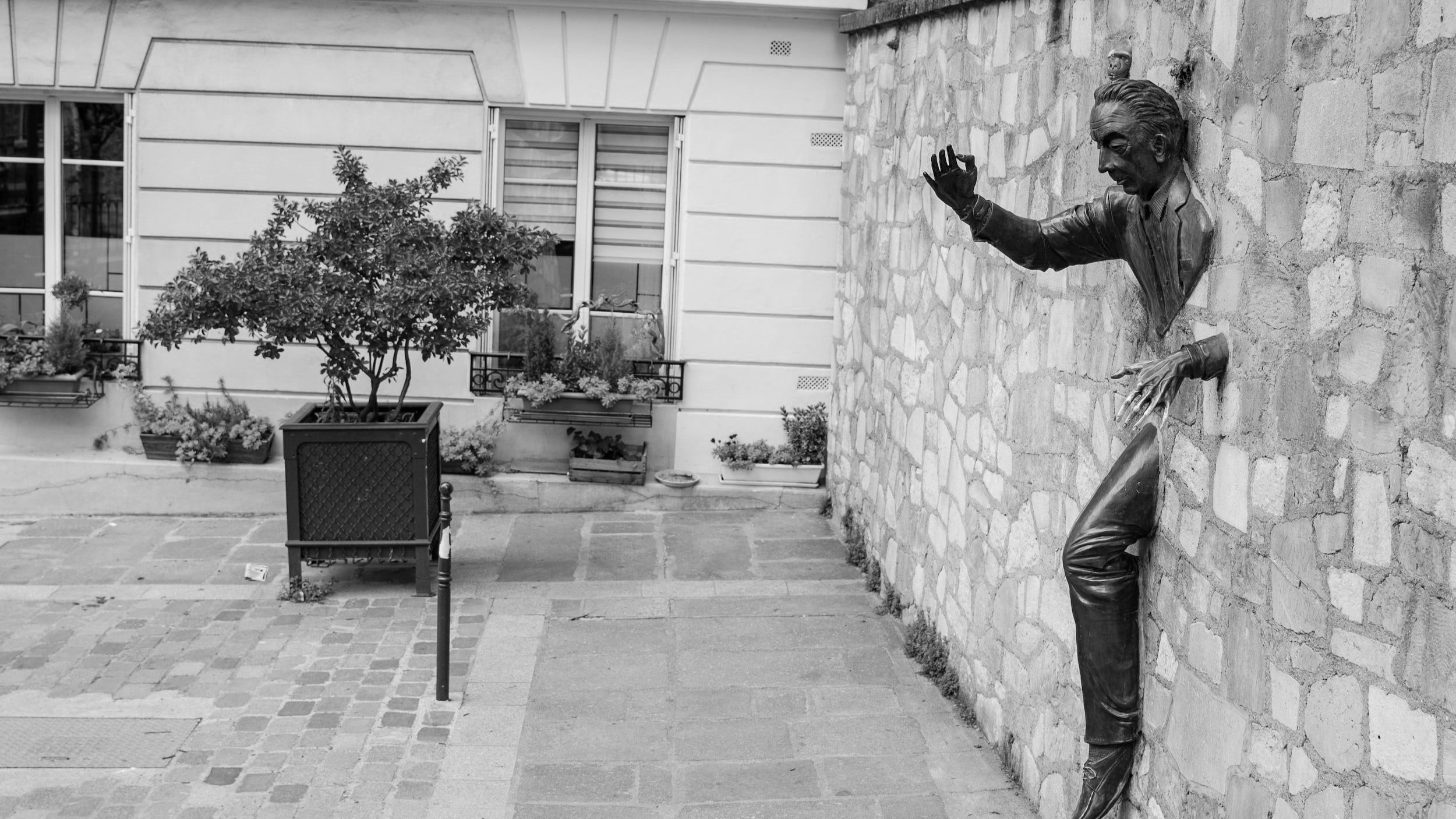When You’re Not Supposed To Ask…
Difficult, complicated questions aren’t an occupational hazard for philosophers. In fact, a willingness to address them is part of our job description. Maybe it’s because we’re taught to flip over rocks and pull off bandages, metaphorically speaking. Maybe, as a discipline, philosophy just attracts a certain kind of nosy, slightly crass kind of thinker who isn’t afraid of the cringe as others might be. Yes, philosophers are expected to demonstrate a certain level of decorum and civility in our discussions, along with a healthy amount of reason, but with respect to what topics we put on the table, pretty much anything goes. You’re kind of a sucky philosopher if you make a habit of shoving the difficult stuff into a box and hiding it.
I’m no exception. Maybe it’s because I’m a philosopher, or because I’m also an educator and a writer, but there’s very little that’s straight-up taboo for me. I was that kid who asked awkward stuff in the middle of the grocery store, at full volume, and in many ways, I’ve never grown out of it. Now I make my living cheering on other kids like who are like that.
Do I still find certain things upsetting and uncomfortable? Yes! I’m not made of stone. Do I still get angry and frustrated at the injustices in the world? Absolutely! I’m far from numb to them. But I’m not fearful of the awkward, nor am I put off by the idea of making a mess in pursuit of putting something right. I honestly believe that there’s always a way into big, complicated, uncomfortable questions, and I’m not embarrassed or afraid of them.
What scares the crap out of me are all the questions that don’t get asked. Ignorance of these questions is forgivable, I guess. Sometimes we honestly just don’t know what we’re supposed to ask, we don’t know what we don’t know, and that’s fixable. The real nastiness lies in the questions that are deliberately buried, the choices that are made to draw big black lines over our curiosity.
You’re not supposed to ask why a handful of people have all the stuff, while others have next to nothing. You’re not supposed to ask why we see ourselves as entitled to our planet and its resources, instead of living on it, as part of it. You’re not supposed to ask why boys do this and girls do that, or why we divide ourselves into boys and girls in the first place. You’re not supposed to ask what makes us human, or how we understand ourselves as individuals. You’re not supposed to ask about our connections and responsibilities to others, and why we see people as “other” to the extent that we do. You’re not supposed to ask why the pursuits and practices that drive us to ask questions are the least valued. You’re not supposed to ask why you’re not supposed to ask.
And I get why these blackouts happen. If we ask big, difficult questions, we may have to change the way we think and act. There may be assumptions and snap judgements that we’ve been holding onto forever that we have to let go of. Inevitably, if we ask these questions, someone will say to us “You can’t have that anymore. You never should have had it in the first place. If you don’t put it down, you might hurt yourself and others.” They’ll be right.
It’s not like there are easy answers to any of these big questions. Besides feeling like we have much to lose in asking them (though often, there’s much to gain), there’s always a bit of fatigue surrounding the prospect of them being ongoing. Wouldn’t it be splendid if we could just put them to bed and not think about them every again? Couldn’t we just sit with our neat and tidy, nicely-packaged, preestablished views of the world?
Here's the thing: in not being afraid to dig things up, I’m very rarely surprised. The truth, even when it’s unpleasant, doesn’t sneak up on me. I don’t feel like the world is pulling one over on me, or that people are out to get me. What I don’t know, I will find out, and I will share it. Perhaps they’ll share with me too, and in the process, I’ll forge some new connections with others who aren’t afraid to ask. In questioning, I will be a willing participant in the universe, and not someone flopping along in its wake. If there’s anything I’ve learned in raising big questions with children, it’s that there’s joy in the asking, and that you’re never alone in wanting to know.
You in the back there, did you have a question?
